Metaphysics explores the fundamental nature of reality. And one of its central debates concerns the relationship between the mind and the physical world.
3 major positions attempt to explain this relationship and answer the question “what is the ultimate nature of reality?”:
- Physicalism says that everything is physical, including the mind
- Dualism says that reality consists of both physical and non-physical mental substances
- Idealism (i.e. subjective idealism) says everything is mental
This post looks at each of these positions, explaining their key claims, arguments, and challenges.
1. Physicalism: Reality is Entirely Physical
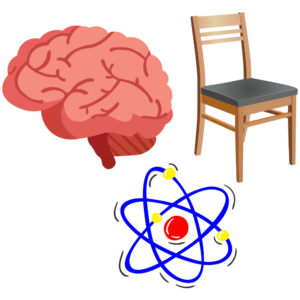 Physicalism (sometimes called materialism) is the view that everything that exists is ultimately physical. This includes mental states, which physicalists argue can be fully explained in terms of physical processes.
Physicalism (sometimes called materialism) is the view that everything that exists is ultimately physical. This includes mental states, which physicalists argue can be fully explained in terms of physical processes.
According to this view, consciousness, thoughts, and emotions are not separate from the body but are instead the product of brain activity.
Key Claims of Physicalism
- Everything that exists is ultimately physical in nature.
- Mental states (like pain, desire, or beliefs) are inextricably linked to brain states.
- Science will eventually explain consciousness in physical terms.
Arguments for Physicalism
1. Scientific Success: Physical explanations have been successful in explaining natural phenomena. From chemistry to biology, science has consistently shown that complex things can be explained in physical terms. Physicalists argue that the mind is no exception—one day, neuroscience will fully explain consciousness.
2. The Dependence Argument: Mental states seem to depend on physical states. Brain damage can alter personality, memory, and consciousness. If mental properties were separate from the physical brain, why would physical changes affect them? This suggests that mind and brain are fundamentally the same.
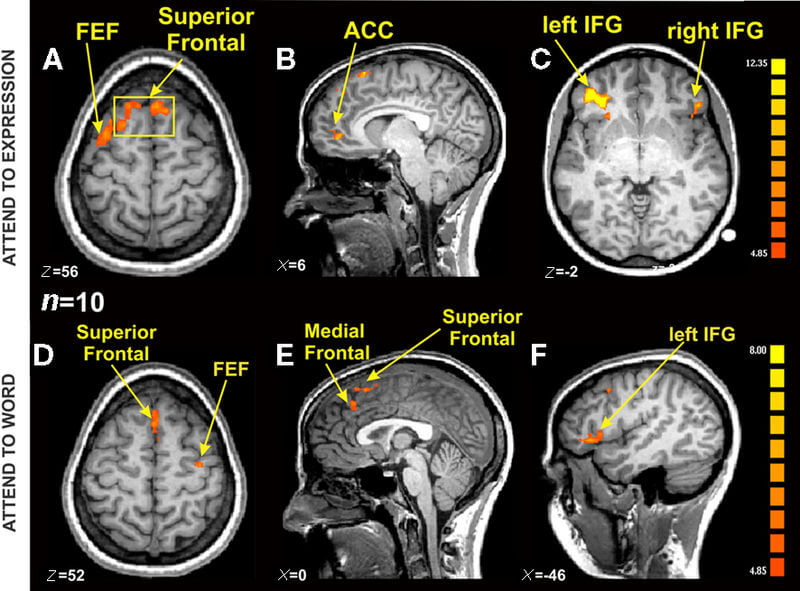
3. Ockham’s Razor: Physicalism is simpler than dualism because it doesn’t postulate a separate, non-physical realm. Since physical explanations work for everything else, there’s no need to assume a separate non-physical mind.
Challenges to Physicalism
1. The Hard Problem of Consciousness: Philosopher David Chalmers argues that physical science can explain brain function but not subjective experience (what it feels like to see red, feel pain, or enjoy music).
2. Intentionality: Some argue that physical states cannot explain how thoughts have meaning or refer to things in the world.
3. Qualia: The unique, first-person properties of experience (like the taste of chocolate, the redness of your visual perception of a ripe tomato, etc.) seems irreducible to physical properties.
Despite these challenges, physicalism is probably the dominant view in contemporary philosophy and cognitive science today.
2. Dualism: The Mind and Body Are Distinct
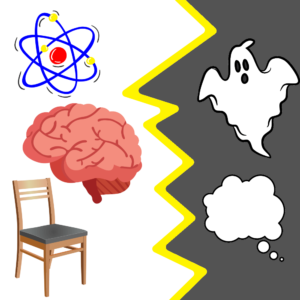 Unlike physicalism, dualism argues that the mind and body are fundamentally different kinds of things.
Unlike physicalism, dualism argues that the mind and body are fundamentally different kinds of things.
The most famous dualist, René Descartes, believed that the mind is a non-physical substance that is completely separate from but interacts with the physical body.
Key Claims of Dualism
- The mind is separate from the body and cannot be reduced to physical matter.
- Consciousness and thought belong to a non-physical realm.
- The body follows physical laws, but the mind does not.
Arguments for Dualism
 1. Descartes’ Cogito: In his Meditations, Descartes argued: I think, therefore I am (Cogito, ergo sum). He believed that even if he doubted everything, he could not doubt that he was thinking. Since he could doubt the existence of his body but not his mind, he concluded they must be different substances.
1. Descartes’ Cogito: In his Meditations, Descartes argued: I think, therefore I am (Cogito, ergo sum). He believed that even if he doubted everything, he could not doubt that he was thinking. Since he could doubt the existence of his body but not his mind, he concluded they must be different substances.
2. The Indivisibility Argument: Physical things, like the body or a table, are divisible – you can saw a table in half, for example. But mental things – like thoughts or emotions – are not divisible – you can’t literally saw a thought in half. The fact that mental things and physical things have these different properties suggests they are different substances.
3. The Argument from Introspection: When we reflect on our thoughts, we do not perceive them as physical. We experience our emotions, ideas, and sensations directly, whereas physical objects (like neurons) are only known through observation. This suggests that mental states are not physical.
4. The Argument from Free Will: If we are purely physical beings, then all our actions are determined by physical laws. However, many people believe in free will – that they can make choices independently of physical causes. If the mind were purely physical, all decisions would be determined, undermining free will.
5. The Knowledge Argument: Frank Jackson’s famous thought experiment imagines a neuroscientist, Mary, who learns all the physical facts about the colour red and human experience of seeing the colour red without actually seeing red for herself. It seems intuitive that Mary would learn something new when she sees red for herself for the first time, suggesting that knowledge of the mind is more than just knowledge of physical stuff.
Challenges to Dualism
1. The Interaction Problem: If the mind is non-physical and the body is physical, how do they interact? How can something non-physical cause physical changes (like deciding to raise your hand and then actually doing it)?
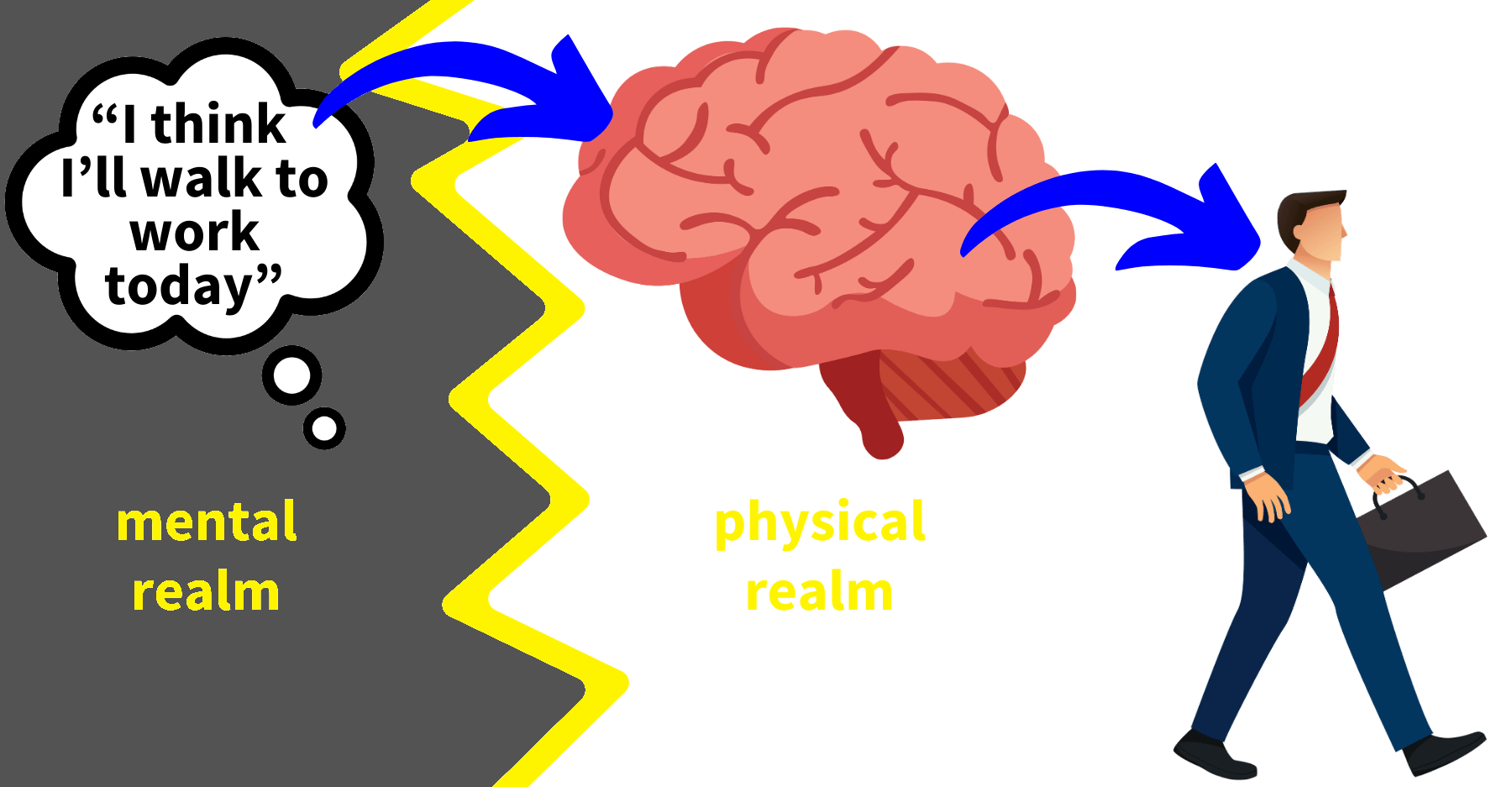
2. Dependence on the Brain: Neurological evidence suggests that mental states are dependent on brain states. Brain damage, drugs, and neural stimulation all affect consciousness, implying that mind and brain are not separate.
3. Lack of Scientific Evidence: Unlike physicalism, dualism does not offer a testable scientific theory of how consciousness works.
Despite these issues, dualism remains an attractive view for those who believe consciousness cannot be explained by physical science alone.
3. Idealism: Reality is All in the Mind
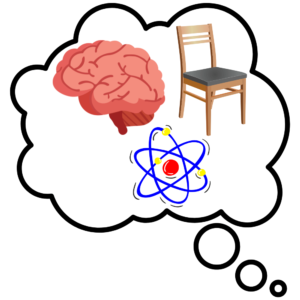 Idealism is a radical alternative to both physicalism and dualism. According to idealists, there is no mind-independent physical world at all—only minds and perceptions.
Idealism is a radical alternative to both physicalism and dualism. According to idealists, there is no mind-independent physical world at all—only minds and perceptions.
The most famous advocate of idealism, George Berkeley, argued that “to be is to be perceived” – that reality consists entirely of perceptions in the mind.
Key Claims of Idealism
- Reality consists of mind-dependent ideas.
- Physical objects do not exist independently of perception.
- To exist is to be perceived (esse est percipi).
Arguments for Idealism
 1. The Master Argument: Berkeley challenges the idea that we can conceive of an unperceived object. Try to imagine a tree that no one sees, hears, or perceives in any way. But by thinking about the tree, you are perceiving it. This suggests that the idea of an unperceived object is incoherent.
1. The Master Argument: Berkeley challenges the idea that we can conceive of an unperceived object. Try to imagine a tree that no one sees, hears, or perceives in any way. But by thinking about the tree, you are perceiving it. This suggests that the idea of an unperceived object is incoherent.
2. Empirical Support: Berkeley argues that everything we know about the world comes through experience. Since we never experience matter directly, only our perceptions of it, the idea of physical matter existing beyond perception is unnecessary and not supported by the evidence of our senses.
3. Simplicity: Idealism avoids the mind-body problem of dualism because it denies the existence of a separate physical realm. It also avoids the problems of physicalism by explaining consciousness without needing physical explanations.
Challenges to Idealism
1. The Common Sense Objection: Idealism contradicts everyday experience. If objects only exist when perceived, does a tree stop existing when no one looks at it? Berkeley’s answer is that God continuously perceives everything, ensuring objects remain in existence. But this relies on God’s existence, which is controversial.
2. The Illusion of Shared Reality: If reality is entirely mental, how do different people perceive the same world? If reality were subjective, it would be impossible for people to agree on a shared world.
3. Scientific Challenges: Idealism struggles to explain why physical laws (such as gravity) operate consistently, even when unobserved.
Despite these difficulties, idealism remains influential in certain branches of philosophy, particularly in discussions about perception and reality.
3 Competing Views of Reality
The debate between physicalism, dualism, and idealism is about the fundamental nature of reality:
| Physicalism | Dualism | Idealism |
|---|---|---|
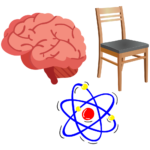 |
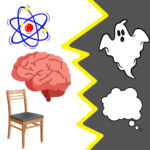 |
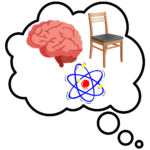 |
| Everything is ultimately physical. | There are two types of thing: Mind and body. | Everything is mental: Only minds and ideas exist. |
Each of these views attempts to explain the relationship between mind and world, but none is without its difficulties.
Physicalism has a lot of scientific support and explanatory power, but runs into problems when explaining consciousness. This may lead one towards dualism – the view that consciousness and the mind are non-physical – but this raises its own issues to do with how the mental and physical interact. Idealism avoids these interaction issues, but rejecting the existence of the physical world entirely is counterintuitive and raises the question of how objects continue to exist even if nobody is perceiving them.
This metaphysical debate has raged for literally thousands of years and there are compelling arguments on all sides. To this day, physicalism, dualism, and idealism each remain serious possibilities in the ongoing quest to understand the nature of reality.
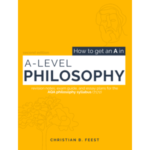 The philosophy textbook written with the student in mind!
The philosophy textbook written with the student in mind!